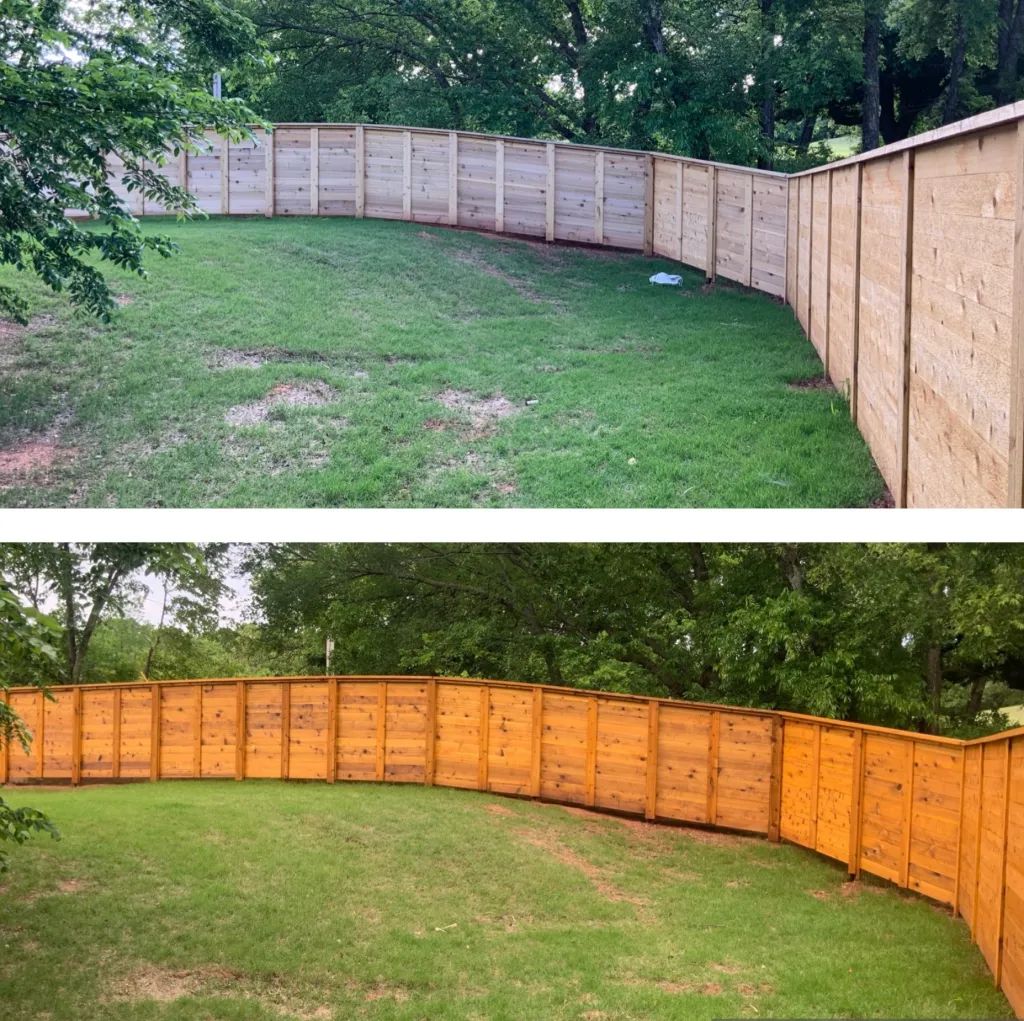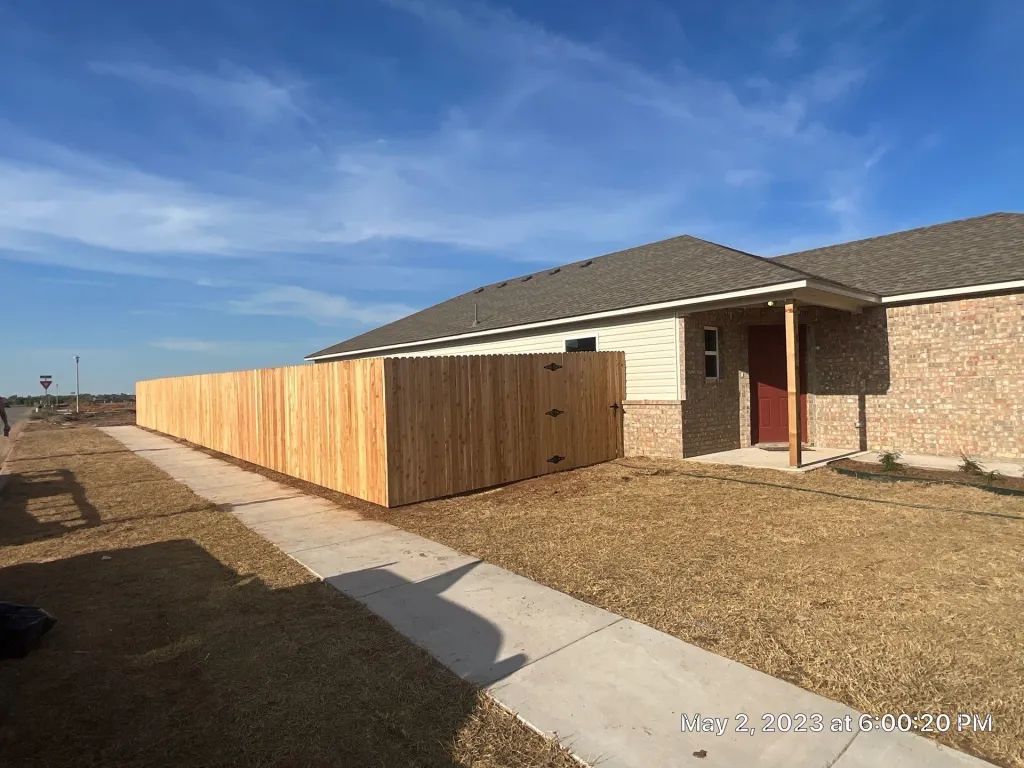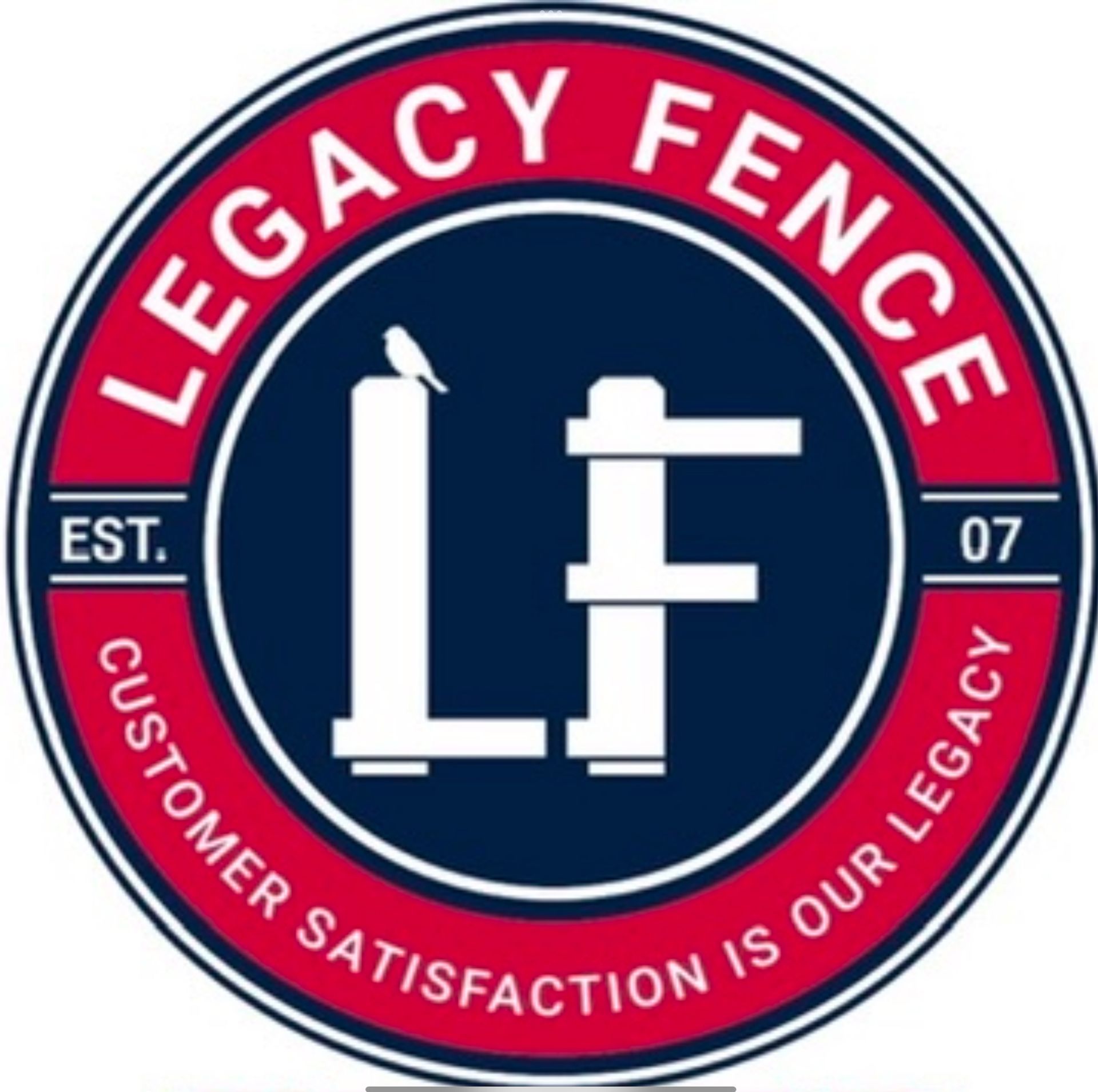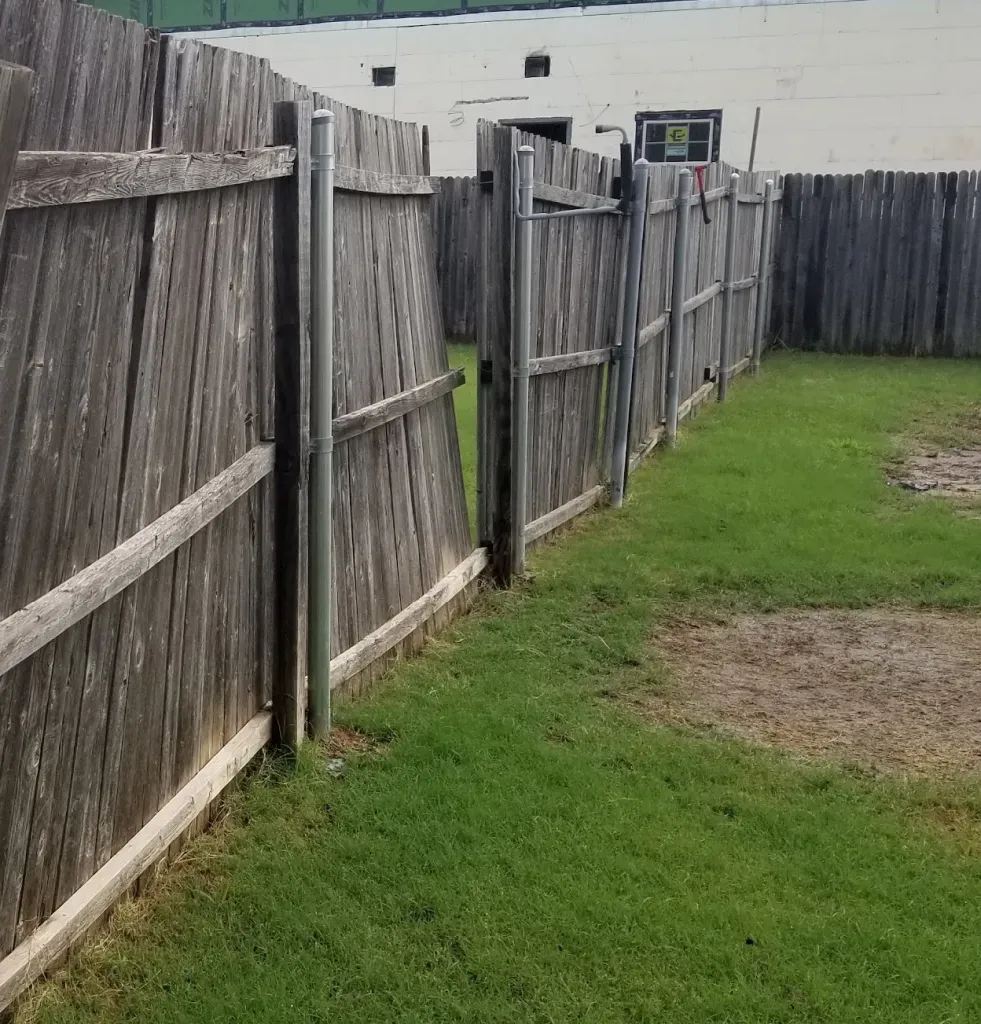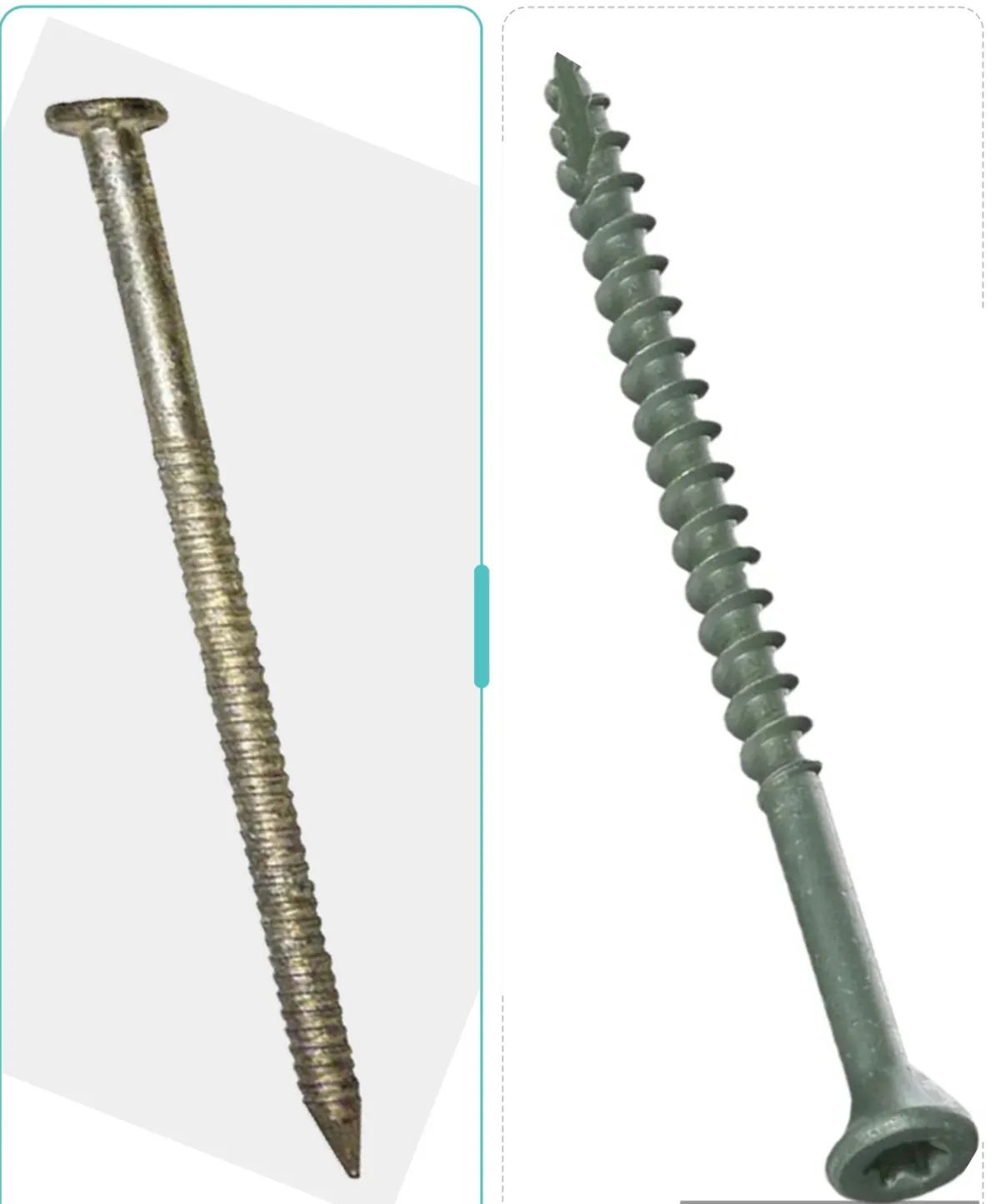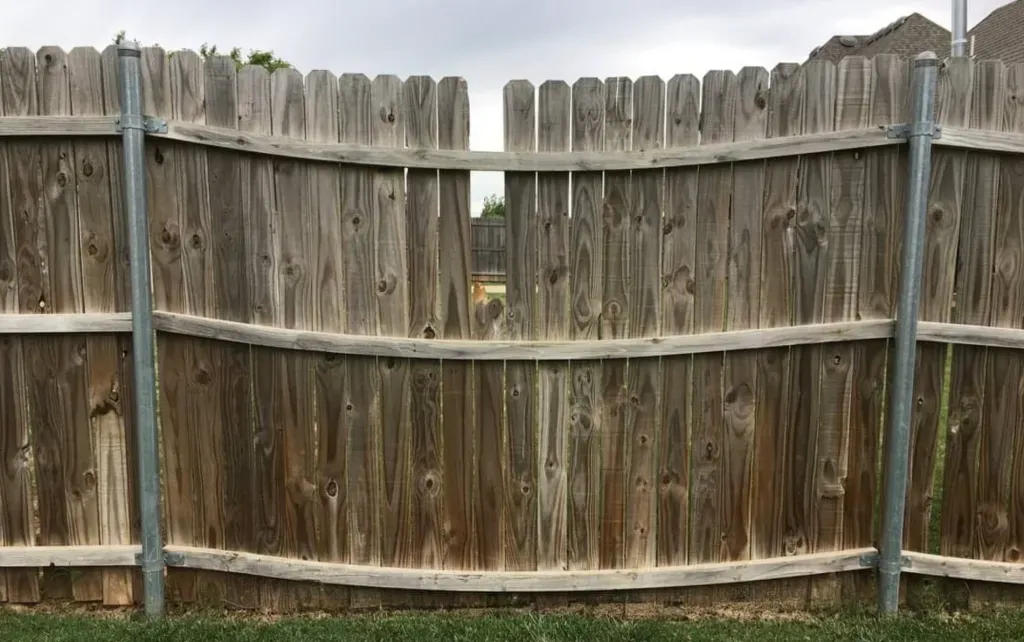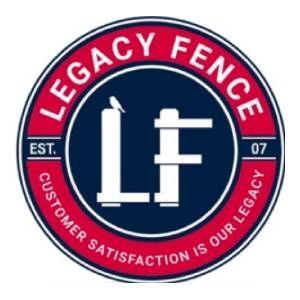What to Look for in a Fence Contractor:Key Considerations for a Long-Lasting Fence
Choosing the right fence contractor is crucial for ensuring your fence not only looks great but also stands the test of time. With so many options out there, it’s important to know what to look for when selecting a contractor. Here are some key factors to consider before making your decision.
1. Subcontractors vs. Employees
One of the first things to ask a potential fence contractor is whether they use employees or subcontractors for installations.
- Subcontractors may not always have the same level of accountability as full-time employees, potentially leading to inconsistencies in quality. Since subcontractors typically work for multiple companies, you may not always know who is actually working on your project.
- Employees, on the other hand, are typically more invested in the company’s reputation and trained to meet specific standards. A company with its own dedicated team often delivers more reliable results and provides a higher level of service.
- At Legacy Fence, we pride ourselves on using trained professionals who understand our commitment to quality and customer satisfaction.
2. Steel Post Gauge: .065 vs .095
The gauge of the steel post is a critical component of your fence’s longevity and strength.
- .065 Gauge Steel is a thinner option and more prone to bending or buckling under pressure, especially in areas with high winds or unstable soil. These posts are normally reserved for chain link due to little wind resistance.
- .095 Gauge Steel is much thicker and offers greater durability. It can withstand more weight and stress, making it a better choice for heavy-duty fences, particularly in climates with severe weather.
For our fences, we recommend using .095 gauge steel posts to ensure your fence is built to last, even in the toughest conditions.
3. Japanese Cedar vs. Western Red Cedar
Cedar is a popular choice for wooden fences because of its natural beauty and resistance to rot and insects, but not all cedar is created equal.
- Japanese Cedar tends to be more affordable but is softer and less durable. Over time, it may warp or degrade more quickly, especially if exposed to harsh weather.
- Western Red Cedar is a premium option known for its strength and long-lasting performance. It has natural oils that help resist decay and insects, and it tends to maintain its shape and appearance for years.
At Legacy Fence, we prefer Western Red Cedar for its superior durability, ensuring you get a fence that stays beautiful and strong for years to come.
4. Depth of Post Setting
The depth of your fence posts is one of the most important factors in ensuring your fence’s stability.
For Oklahoma, where the frost line is only 18 inches, we recommend setting fence posts at least 2 feet deep. This depth provides adequate support while considering local conditions, helping to prevent leaning or collapsing over time.
5. Method of Setting Posts
The method used to set fence posts can significantly affect the fence’s durability.
- Concrete Setting is the most reliable method for securing posts, providing a solid base that resists shifting or movement over time. For best results, posts should be set in at least 24 – 28 inches of concrete.
- Driven Posts are another option, particularly effective in certain soil types. Driven posts need to be set 1.5 to 2 times as deep as concrete-set posts to ensure proper stability, which typically means driving them to a depth of 3 to 4 feet. This method can offer a strong foundation while also being quicker to install in some situations.
- Some contractors may use a dry set method, which involves pouring dry concrete into the hole and then watering it down. While faster, this method is less reliable over time, as it doesn’t form as solid a bond with the post.
At Legacy Fence, we always use high-quality concrete for wet setting posts and can also accommodate driven post installations based on your project’s needs, ensuring a sturdy foundation that keeps your fence upright for decades.
6. General Liability Insurance
Last and definitely not least, before hiring a fence contractor, it’s important to confirm that they carry general liability insurance. This coverage protects you as the homeowner in case of accidents or damages that occur during the fence installation.
Without insurance, you could be held financially responsible if a worker is injured on your property or if any damage occurs to your home or neighboring property during the project. A reputable contractor will gladly provide proof of insurance, ensuring that you are fully protected throughout the installation process.
At Legacy Fence, we carry full general liability insurance, giving you peace of mind knowing that you’re covered in the rare event something goes wrong.
Conclusion
When choosing a fence contractor, it’s essential to consider more than just price. Ask about their team, materials, and installation methods to ensure you’re getting a fence that’s built to last. Also, make sure your contractor carries general liability insurance to protect you from unexpected issues.
At Legacy Fence, we believe in providing top-quality craftsmanship, using the best materials, and following proven methods to give you a fence you’ll be proud of for years to come.
Ready to get started on your next fencing project? Contact Legacy Fence today to schedule a consultation!


